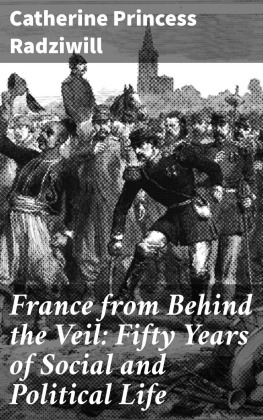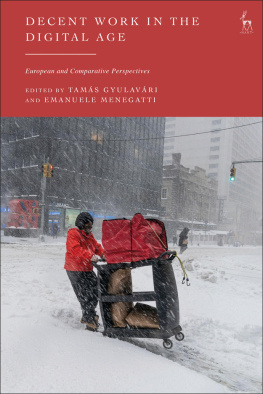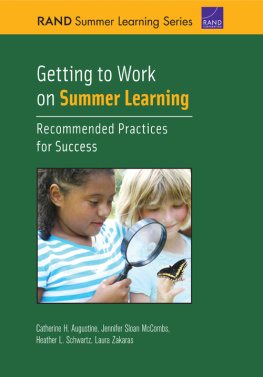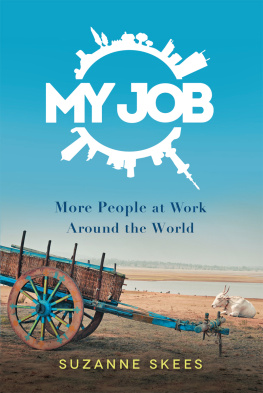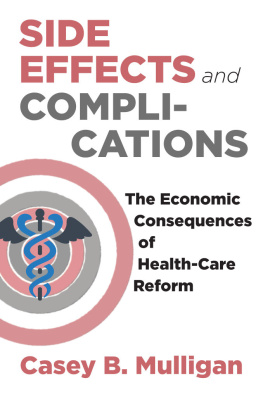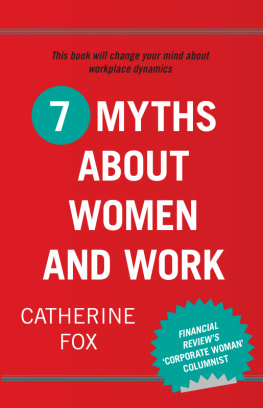WORK, SELF AND SOCIETY
Changes currently occurring in the world of work are large-scale, affecting what people do every day and altering our relations with one another and with the physical world. There is a shift in the nature of industrial work, from a materiality of labor and product, and specialization of function, to forms of production that are discursive, or symbolic, and highly integrated. Among the far reaching implications of a post-industrial condition is a dissolution of traditional and modem bonds of social solidarity and a metamorphosis of the character of the modem self.
Work, Self and Society examines the relationships between the institutional practices of work under post-industrial conditions and the formation of the self. Drawing on data from field work in a multi-national corporation, the book critically analyzes organizational and cultural practices in contemporary corporate work. The author interprets the deliberate construction of designer cultures as a response to the broad crisis in industrial production, work organization and culture. The book also develops a critical social psychology of corporate work. It analyzes the production of designer employees and other effects of contemporary corporate culture, and describes and analyzes self-strategies effected by the discursive practices of corporate work.
The author argues that a post-occupational condition, an event precipitated and facilitated by new technologies and organizational change, is emerging in corporate organizations. Post-occupational work has significant implications for selfidentity and social cohesion within the work place, and more broadly, in society. The relationships between the institutional processes of the new work in postindustrial corporate culture, and changes in social organization and self formation have not yet been described. Work, Self and Society offers original analyses of these relationships, and proposes some important new categories by which to interpret the work-self-society relation.
Catherine Casey is a lecturer in the School of Commerce and Economics at the University of Auckland, New Zealand.
WORK, SELF AND SOCIETY
After industrialism
CatherineCasey
First published 1995
by Routledge
2 Park Square, Milton Park, Abingdon, Oxon, 0X14 4RN
Simultaneously published in the USA and Canada
by Routledge
270 Madison Ave, New York NY 10016
Transferred to Digital Printing 2005
1995 Catherine Casey
Typeset in Times by J&L Composition Ltd, Filey, North Yorkshire
All rights reserved. No part of this book may be reprinted or reproduced or utilized in any form or by any electronic, mechanical, or other means, now known or hereafter invented, including photocopying and recording, or in any information storage or retrieval system, without permission in writing from the publishers.
British Library Cataloguing in Publication Data
A catalogue record for this book is available from the British Library.
Library of Congress Cataloging in Publication Data
A catalogue record fotrh is book has been requested
ISBN 0-415-11202-8 (hbk)
ISBN 0-415-11203-6 (pbk)
For my parents, Hazel and Norbert Casey
CONTENTS
ACKNOWLEDGEMENTS
The support and assistance of many people helped make writing this book, and conducting the earlier field work, both possible and worthwhile. The part of this book that describes work, life and culture in a multi-national corporation took me for an academic year into the everyday working life of a corporation. Although the people at the company, and the company itself, must remain anonymous, I wish first to thank them for allowing me to be among them. The generosity and openness which they afforded me made my role as observer and analyst a relatively comfortable one. I thank them all for their time, their stories and their forbearance.
I wish to thank most especially Philip Wexler, my teacher and friend, and the late Christopher Lasch. I am deeply indebted to them both for encouraging and facilitating this work. Among others who have read, criticized and commented on chapters or ideas in this book I thank especially Michael Powell and Barry Smart for their criticism and comments on the chapters, and their warm encouragement. I thank also David Barry and Bruce Luske for their helpful comments at various stages of this research. For many stimulating conversations over ideas and themes in this book, and about much else, I thank Stephen Appel, Roger Booth, Gill and John Denny, Nicola Armstrong, Lynn Vacanti and Doug Noble. And I wish also to thank Brett Warburton, Ilene Wexler, Stephanie Doyle, Trevor Mallard, Plan Lynch, and my family.
INTRODUCTION
Eschatological interests have flourished at the end of centuries before now, and the imminent end of the twentieth century is no exception. It might be that the current interest among a number of social observers in endings and our proclivity toward transformations and beginnings is an effect of some vast cosmic season. On the other hand, the passing of industrialism simply coincides with the passing of the century. What comes after does not begin neatly on a date in our conventional measure of time. The old decays unevenly. It is sometimes repaired and revived and sometimes destroyed and discarded. The new is generated by both the living and the dead. Like Weber still, we do not know what social life beyond industrialism will be like. Without the certainties and hopes of modern thought our readings of this juncture are only modest and reasonable offerings for thinking about the present and the future. And hence I prefer to retain the limited concept of post-industrial to describe the changes in modern industrial society we can readily see around us. Post-industrial society provides a way of thinking about these changes as we seek new categories for theorizing a new social formation after industrialism. It is an interim term for an interim condition.
In typical, western industrial society, as Marx, Durkheim and Weber analyzed, the social bases of society were organized around the productive economic activities of human beings. An extensive division of labor, the rationalization of economic and social processes and deep tensions between gemeinshaft and gesellschaft characterized modern society. Our modern forms of social solidarity, in which we became increasingly interdependent, existed amid a complex struggle between classes and power elites, exacerbating conflicts between individualism and community. The increasing rationalization of all spheres of life characterized modern industrial society. Unifying grand narratives of social meaning and behavior demanded and achieved, by and large, social conformity to the values and practices of western modernity.
Since the early 1970s social analysts have been proposing that a range of technological and social developments occurring in western societies is bringing about vast social and cultural changes that are challenging the meta trends of modern industrialism. Although there are evidently continuities in many social practices these post-industrial events are effecting changes in many areas of modern industrial society and not just, although fundamentally, in production, or the postmodern turn in the cultural sphere. Among the far-reaching implications of a post-industrial condition is a dissolution of traditional and modern bonds of social solidarity and a metamorphosis of the character of the modern self. The changes occurring in work and production are large-scale. There is a shift in the nature of industrial work, from a materiality of labor and product, and specialization of function, to forms of production that are discursive, or symbolic, and highly integrated. These practices affect what people do every day, and they are altering relations among ourselves and with the physical world.


